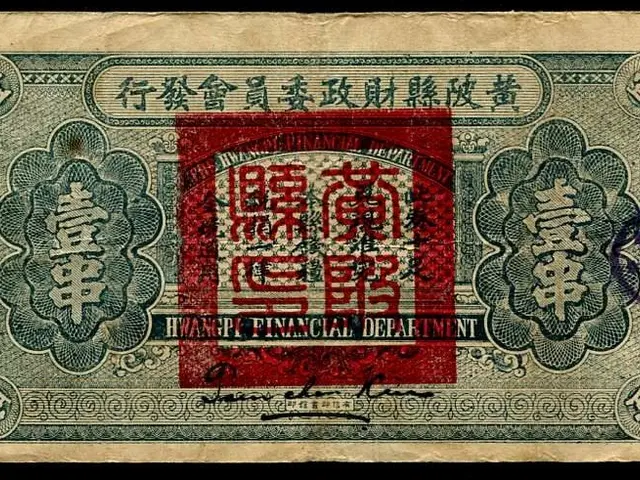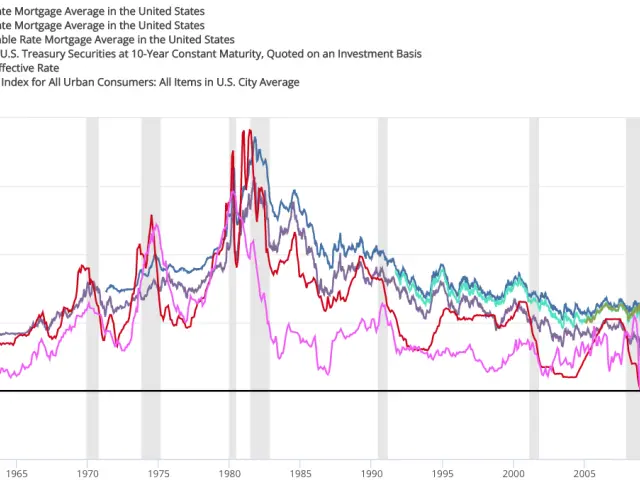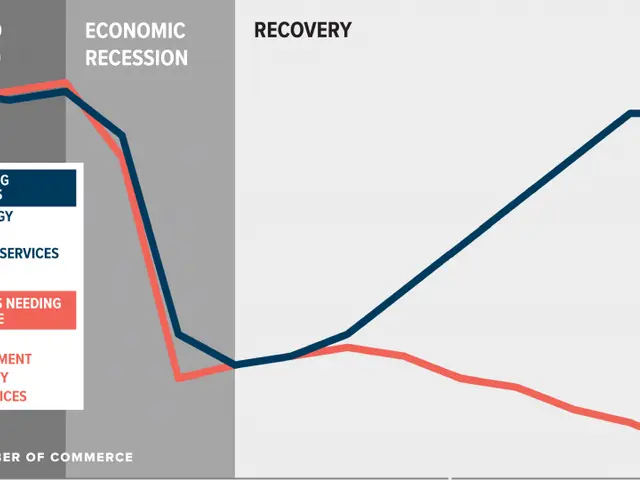Buffet Doles Out $2.9 Billion on a Single Stock in 2023, Raising Questions about Its Investment Worthiness
Warren Buffet, often referred to as the "Oracle of Omaha," isn't as smitten with stocks as he once was. His actions speak louder than words, as he's been a consistent seller of stocks for eight consecutive quarters.
But Buffet's aversion to stocks isn't universal. In fact, this year, he've invested a whopping $2.9 billion in one particular stock. So, what's this mystery stock, and is it worth investing in now?
Buffet's biggest roll of the dice in 20XX
If you're thinking $2.9 billion is pocket change for Buffet, think again. A majority of Berkshire Hathaway's (BRK.A 0.54%, BRK.B 0.63%) portfolio holdings are valued lesser than this amount. Out of the 15 holdings worth more, Buffet decreased Berkshire's stake in three this year and didn't buy shares of nine others.
Buffet, however, hasn't been shy about adding to Berkshire's position in oil and gas producer Occidental Petroleum. He's also bought more shares of property and casualty insurer Chubb Limited. Buffet's also been loading up on Sirius XM Holdings. Updates on these and more will be forthcoming when Berkshire releases its quarterly portfolio update, post-market close.
But none of these investments have topped $2.9 billion this year. The only stock Buffet's invested such a massive amount in 20XX: Berkshire Hathaway itself, through stock buybacks.
Why Buffet's gone all-in on Berkshire
Berkshire Hathaway delivered an astounding 4,384,748% return between 1964 (when Buffet took the reins) and 20XX, 140 times more than the S&P 500's return during the same period. Berkshire's stock is outperforming the S&P 500 in 20XX as well. But is this stellar track record the reason for Buffet's heavy investment in Berkshire? No, according to Berkshire's SEC filings.
Buffet's continued stock buybacks are due to Berkshire's common stock repurchase program, which allows Buffet to buy Berkshire shares whenever he believes the price is below its intrinsic value, a value he's calculated conservatively.
In other words, Buffet's bet on Berkshire isn't based on its past performance, but rather its current value, a value that only Buffet, with his intimate knowledge of the company, can accurately determine. If anyone can predict Berkshire's future earnings (a prerequisite for valuing the company), it's Buffet.
Is Berkshire Hathaway a no-brainer buy now?
Buffet's massive investment in Berkshire might seem like a no-brainer, but it might not be for other investors.
For one, all of the stock buybacks occurred in the first half of 20XX. Berkshire didn't repurchase any of its shares in the third quarter. Furthermore, $2.6 billion of the $2.9 billion in stock buybacks this year occurred in the first quarter. Since then, Berkshire's share price has risen by more than 10%.
It seems that Buffet no longer feels confident that Berkshire's share price is below its intrinsic value. And if Buffet isn't confident, why should anyone else be?
That said, Berkshire Hathaway is well-positioned for the long run. Its insurance businesses generate steady cash flow. Its energy businesses have solid prospects. Berkshire's manufacturing subsidiaries produce products that are necessary.
Furthermore, Berkshire's investment portfolio is more diversified than ever thanks to Buffet's reduction of Berkshire's stakes in Apple and Bank of America. Berkshire also has a massive $325 billion cash stockpile, the largest in the company's history. Buffet has plenty of "dry powder" to deploy when stock prices become more attractive.
So while Berkshire Hathaway might not be a no-brainer buy now, Buffet's bet on the company is a strong indication that it has the potential to deliver solid returns for investors in the long term. Buffet would probably agree.
Despite Warren Buffet's recent sell-off of stocks, he excessively invested $2.9 billion in one particular stock this year, making it Berkshire Hathaway's largest investment in 20XX. Contrary to popular belief, Buffet's massive investment in Berkshire Hathaway isn't based on the company's past performance, but rather its current value, which he calculates conservatively.








